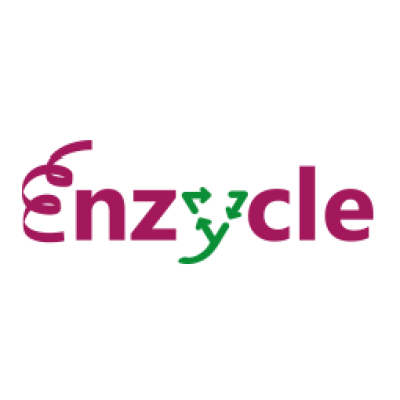
ENZYCLE
Microbial ENZYmes for treatment of non-recyCLEd plastic fractions

Microbial ENZYmes for treatment of non-recyCLEd plastic fractions
Plastic waste is a major and increasing problem for the EU. In 2017, more than 27 million tonnes of plastic waste were produced in the EU28 (plus Norway and Switzerland) – the equivalent of more than 50 kg per citizen. However, less than one-third of this is recycled; the rest is either incinerated or sent to landfill.
Clearly, with the EU’s ambitions for a circular economy, and its stated strategy of achieving 100 % of packaging – including plastics – as recyclable or reusable by 2030, this is unsustainable. It is therefore essential to find ways to recycle the fraction that is currently not recycled, particularly those plastics used for packaging – such as those based on PET (polyethylene terephthalate) – that make up some 63 % of the total plastic waste generated in Europe.
Current mechanical recycling approaches are not ideal; many PET-based materials are plastic mixes or multi-layered. The ENZYCLE project will therefore adopt a process based on enzymes. The project will develop new enzymes and advanced processes for treating the non-recycled plastic fraction. This will valorise the waste, producing new materials from the waste, including virgin PET, polyurethane foam and polyols. By so doing, it will reduce the current high levels of non-recycled plastics and the associated environmental impact.
The overarching objective of the ENZYCLE project is to develop new enzymes and advanced processes for treating the non-recycled fractions of plastic waste. It will valorise this for producing upgraded new materials such as virgin PET, polyurethane foam and polyols. Within this, the project has a number of specific objectives. It will:
By achieving its overall objectives, the ENZCYLE project will valorise a large and currently hard-to-treat fraction of plastic waste. In addition, it will also have the following specific impacts. It will:
The project will also have a number of environmental benefits. It will reduce the amount of non-biodegradable polymers sent to landfill or even discharged to the environment. It will also decrease the dependence on fossil-based raw materials. In addition, it will help deal with the issue of microplastics in wastewater by using the developed technology to degrade these contaminants.